Aboubakar Fofana & Awonoyoh present
Real Fermented Indigo Master Class
/Fujino,Japan/April1-8 or April11-18,2021
Aboubakar Fofana & Awonoyoh present
Real Fermented Indigo Master Class
Fujino,Japan April1-8 or April11-18,2021
This event will be canceled to prevent the spread of coronavirus infection.
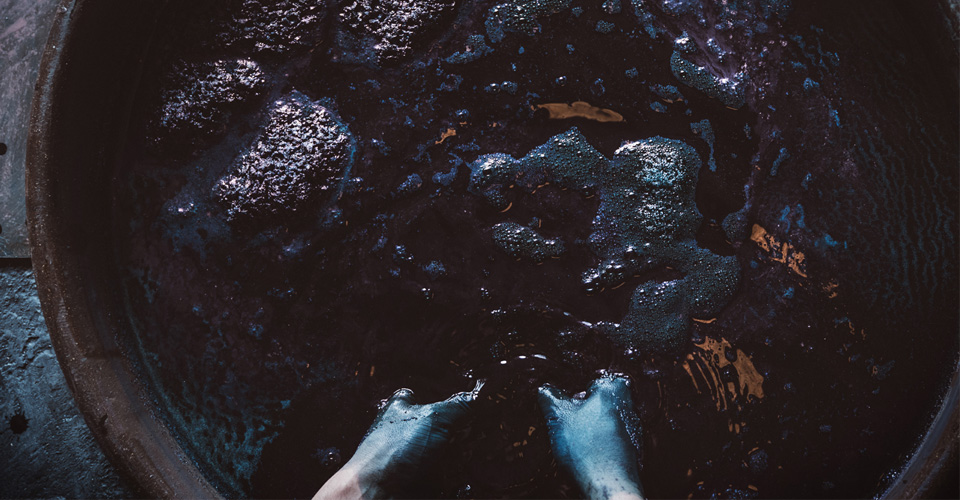
Aboubakar Fofana and Awonoyoh are offering two master indigo dye and textile courses to spread real living indigo dyeing to the world and pass it on to future generations.
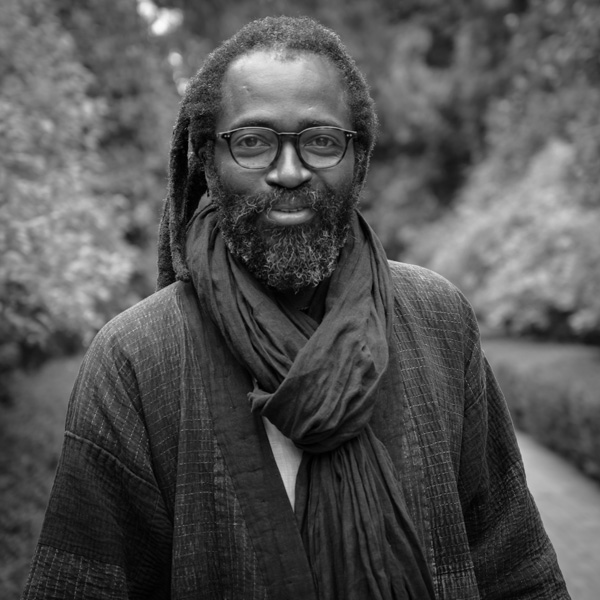
Aboubakar Fofana
Aboubakar Fofana was born in West Africa but spent many years living and working in France. His atelier is in Bamako, Mali, where he and his small team of trained artisans produce unique modern textiles using 100% natural processes and ancient indigenous techniques.
As a child in West Africa, Aboubakar Fofana was told about green leaves that made blue colours. Years later, already a successful calligrapher, artist and graphic designer living in France, he remembered this story, and started on a long journey to understand indigo and his African heritage.
The technique of fermented indigo dyeing using whole indigo leaves had already disappeared from West Africa by the time Fofana first heard about it, replaced by synthetic dyes. Fofana pieced together the technique by reading and asking, and by trial and error. It took many years to understand the process and longer again to master this difficult but unmatchable method of dyeing. And he is still learning.
His work reflects the living materials he uses, harnessing their cycles of birth, life and decay, and the seasonal rhythms of nature. His indigo vats are alive as well, the colour a visible imprint of these natural cycles, and the most challenging part of his work is understanding and working with the living things to allow these colours to become visible.
He uses fine natural fabrics to take up these colours, with a preference for the luxurious organic Malian cotton, handspun and handwoven, that many of his pieces are made from.
Fofana is dedicated to preserving this tradition of fermented indigo dyeing, along with other West African textile techniques and indigenous materials. His work has been exhibited all over the world.
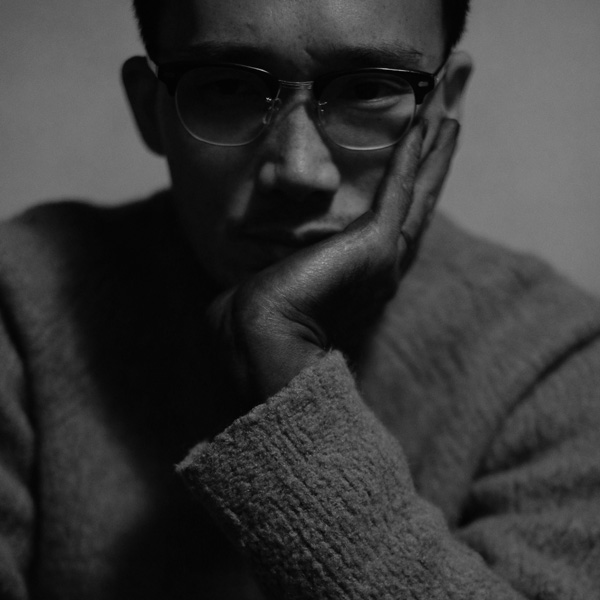
Takayuki Ishii
Takayuki Ishii is an indigo dye artisan who was born in Kanagawa Prefecture, Japan.
He currently owns a workshop in the mountainous area of Kanagawa Prefecture, where he runs an indigo dyeing company using traditional techniques and materials.
Takayuki started contemplating about a sustainable society right after the nuclear power plant accident during the 2011 Great East Japan Earthquake and knew about indigo dyeing.
Polluted water used in chemical dyeing flows through the river to the sea and destroys the ecosystem. However, the indigo dye that he uses is a sustainable and natural pigment that can become fertilizer for the land or food for the fishes.
Takayuki studied indigo dyeing at an indigo dyeing workshop in Tokyo, and then visited many workshops in different parts of Japan to acquire even more knowledge and techniques on
indigo dyeing. He also learned and mastered all the procedures necessary for traditional Japanese textile dyeing: yarn, fabric, katazome, shibori, tsutsugaki,batik, and others.
Currently, there are only six artisans who produce raw material for indigo dye (
This is a complicated problem in the Japanese textile industry.
Takayuki grows the indigo plants and produces
He passes on his knowledge to many people and works hard to preserve the traditional way of Japanese textile dyeing.
*Making fermented indigo liquid with
*Making fermented indigo liquid by
*Making
*Dyeing various traditional Japanese wild fibers
*Katazome
Making katazome paste (Mochi flour and bran)
Carving a stencil paper with straight, curve, circle
Putting paste on a stencil paper
Dyeing katazome (original pattern)
*Shibori (Some sewing of the basic shibori pattern)
 Aboubakar Fofana
Aboubakar FofanaMalian indigo dyer
 Takayuki Ishii
Takayuki IshiiJapanese indigo dyer
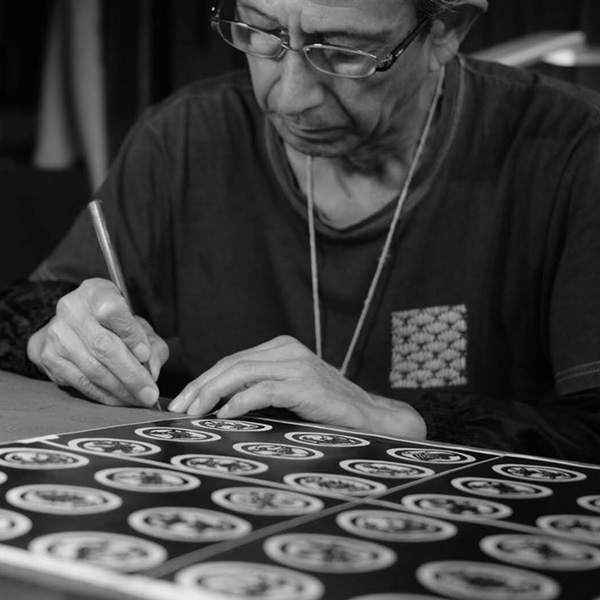 Katahori: Akio Takai
Katahori: Akio TakaiKatazome carver
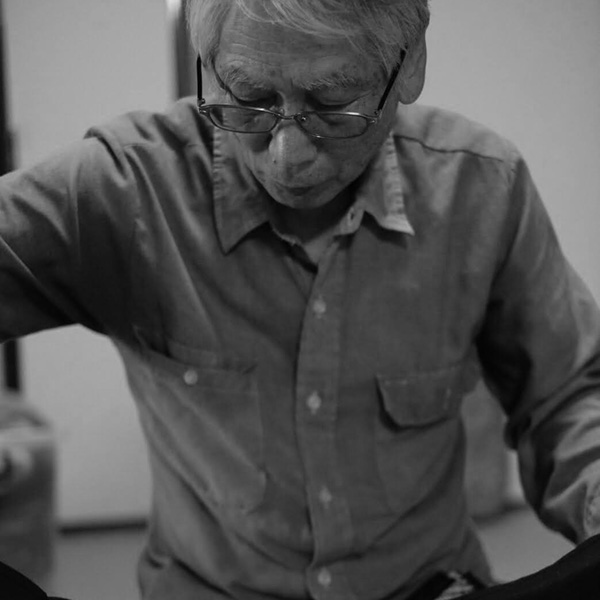 Shibori: Fumio Kofukuda
Shibori: Fumio KofukudaShibori teacher
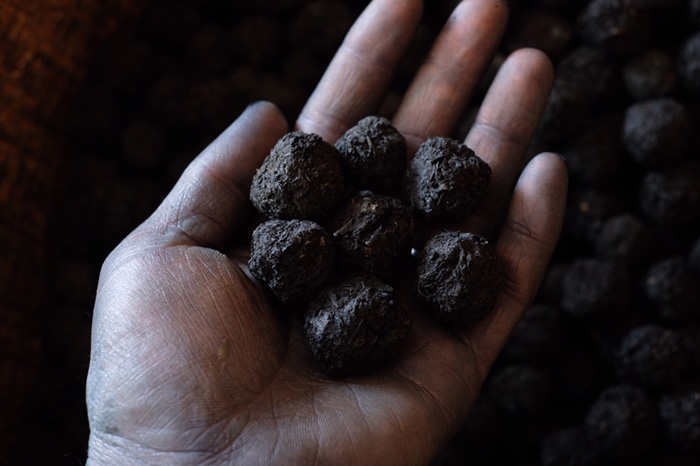
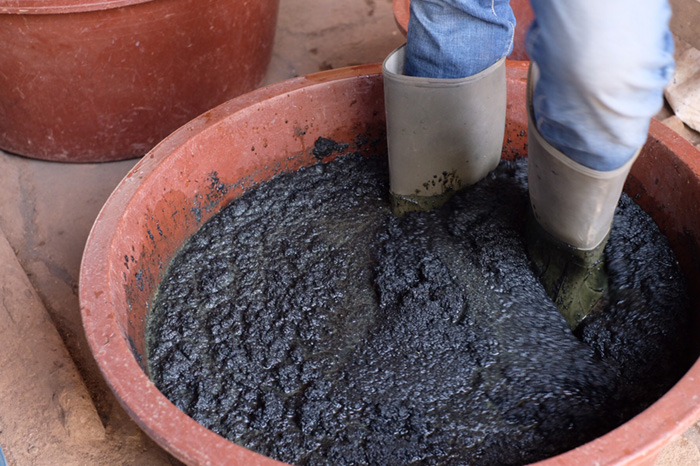
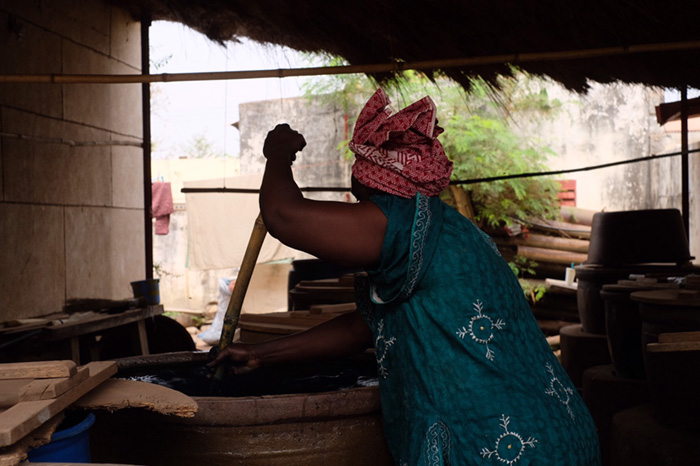
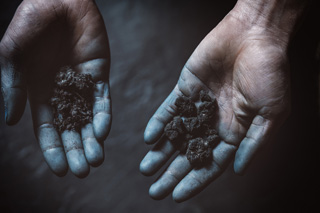
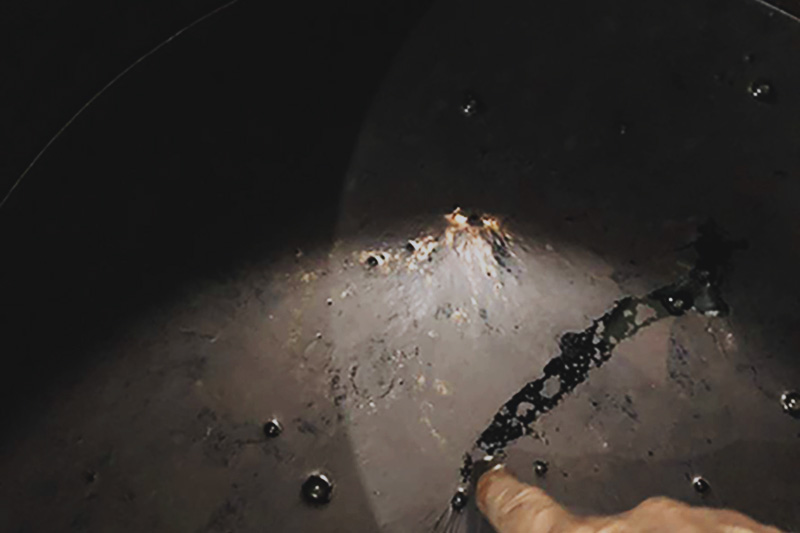
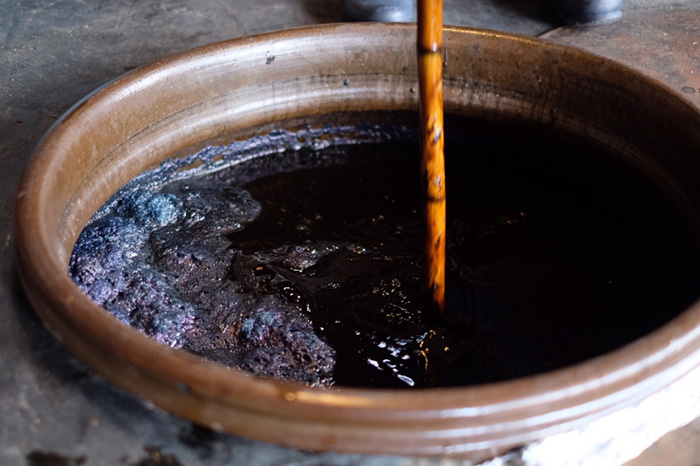
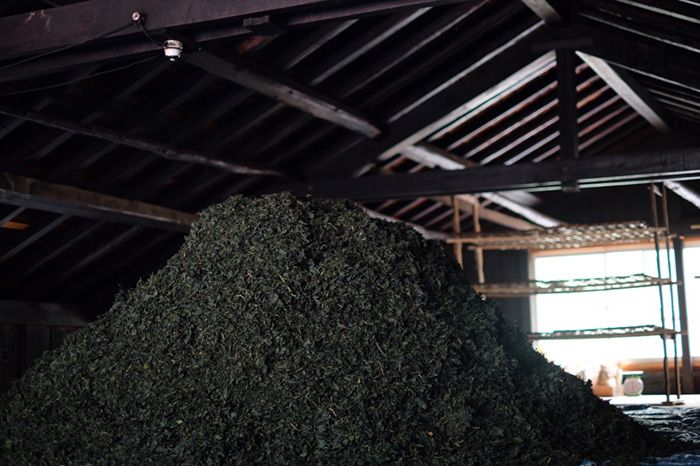
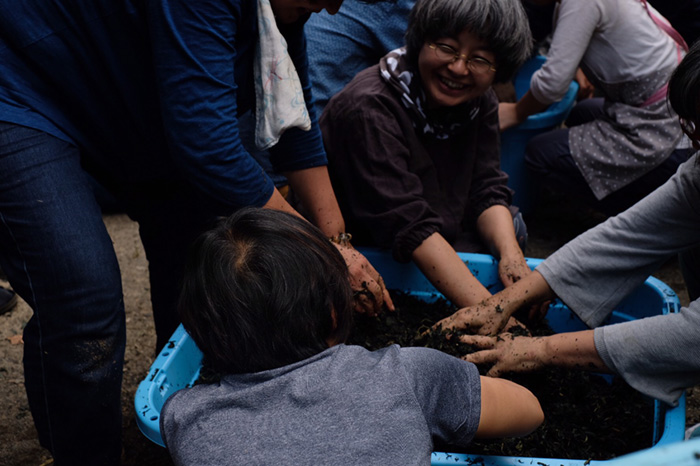
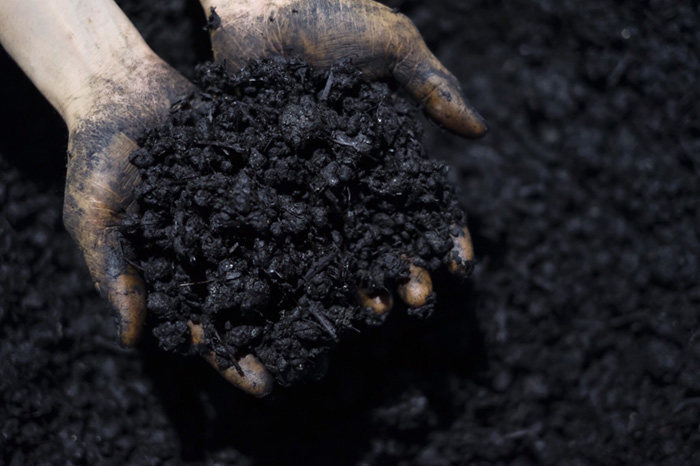



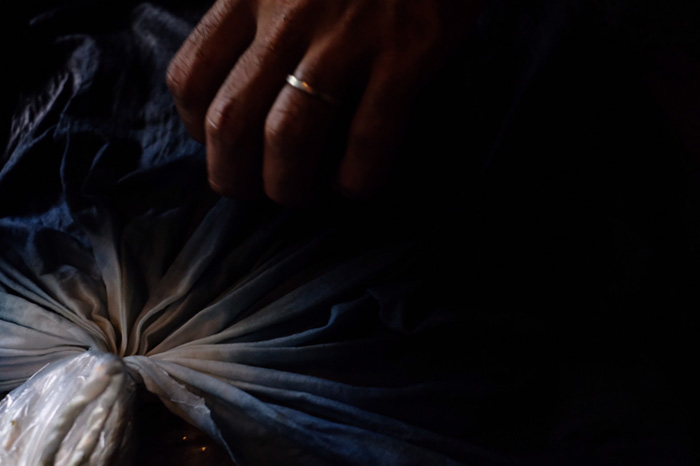
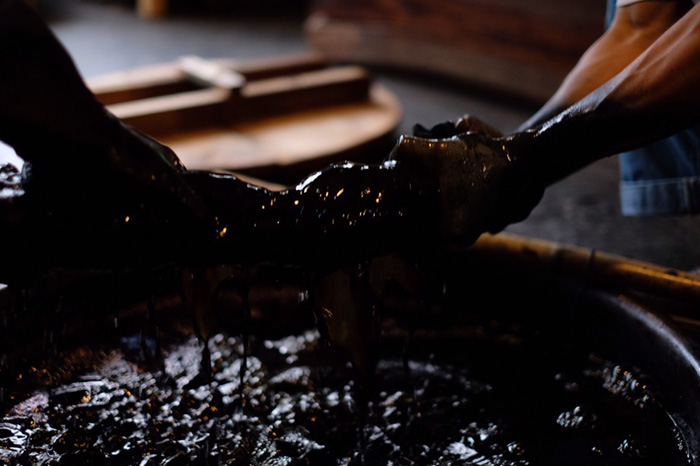

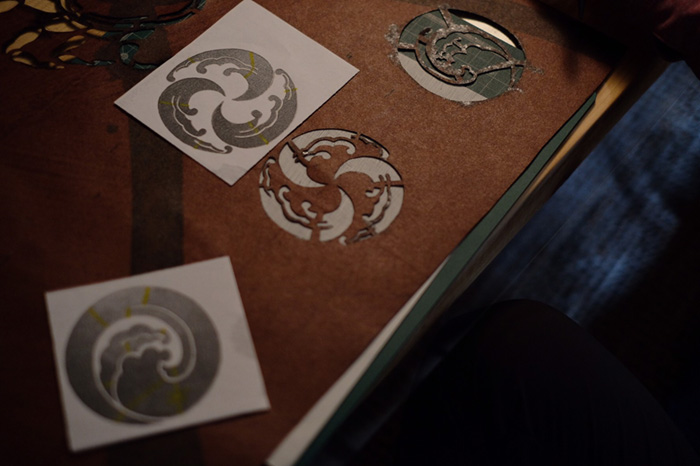
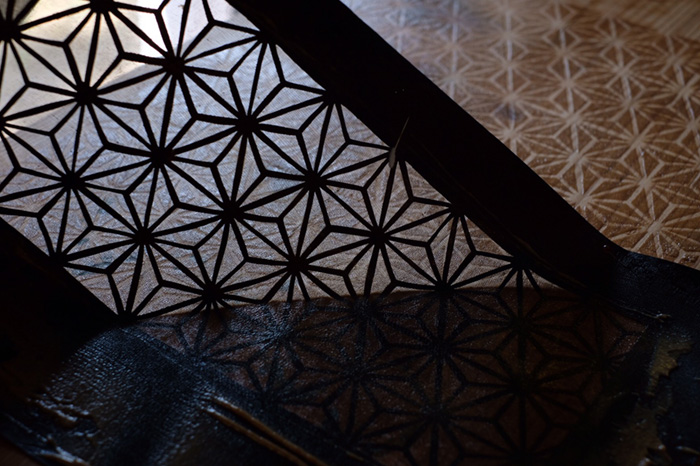
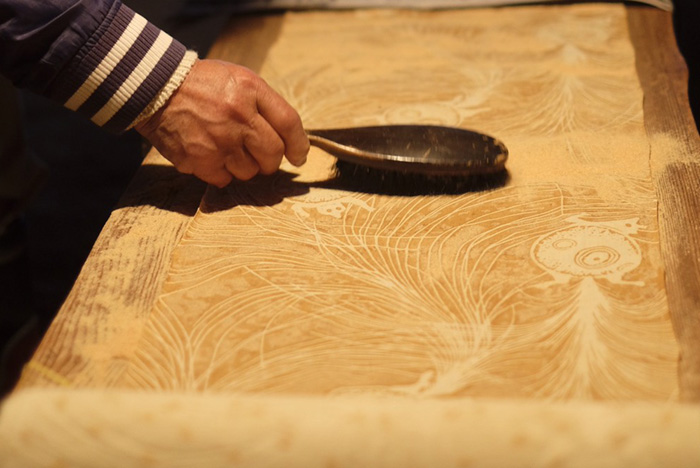
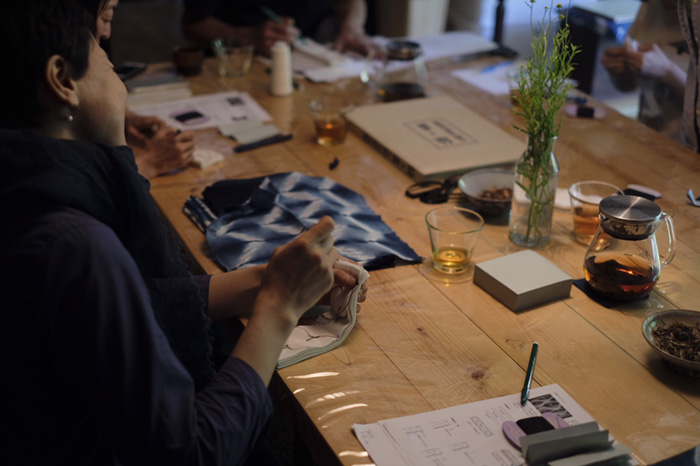
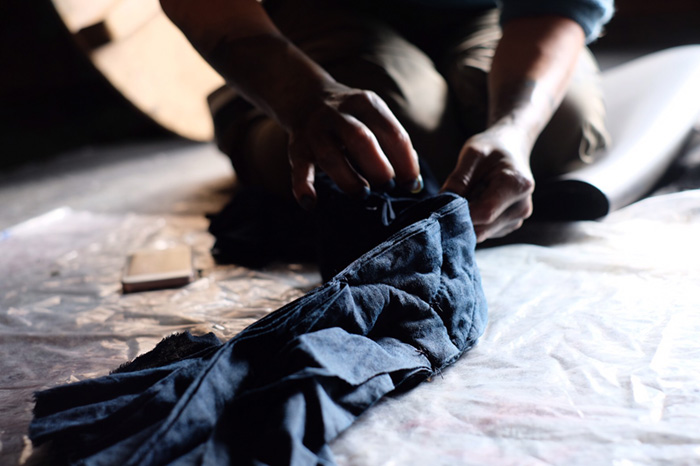
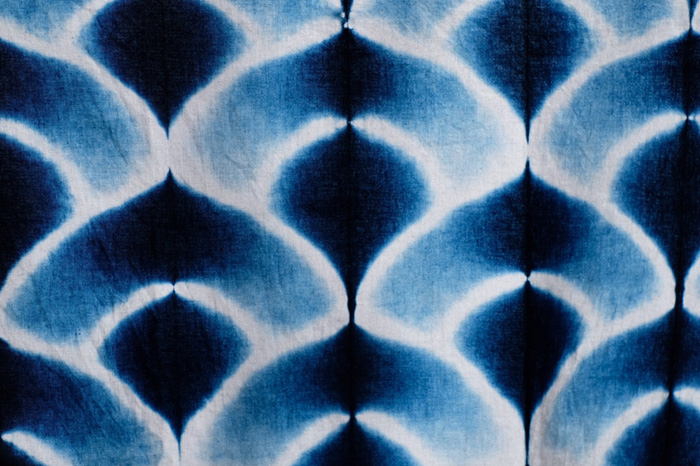
*Katazome
Making katazome paste (Mochi flour and bran)
Carving a stencil paper with straight, curve, circle
Putting paste on a stencil paper
Dyeing katazome (original pattern)
*Shibori (Katano shibori)
*Dyeing with
*Dyeing with
*Dyeing with Malian mud
*Dyeing with pine soot
 Aboubakar Fofana
Aboubakar FofanaMalian indigo dyer
 Takayuki Ishii
Takayuki IshiiJapanese indigo dyer
 Katahori: Akio Takai
Katahori: Akio TakaiKatazome carver
 Shibori: Fumio Kofukuda
Shibori: Fumio KofukudaShibori teacher
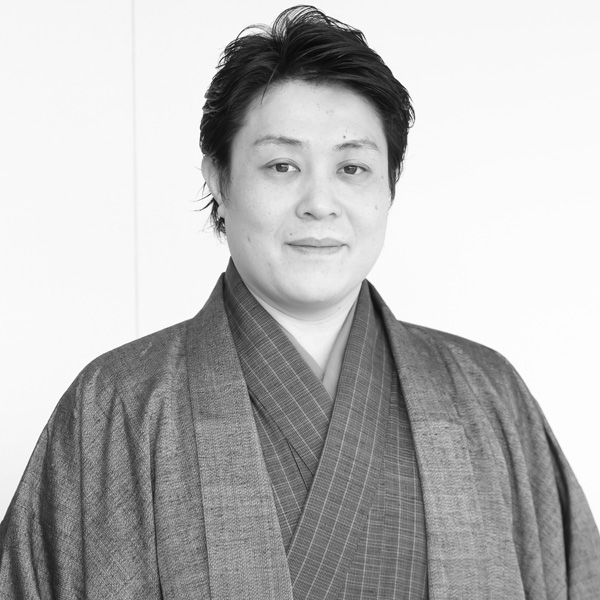 Plant dye: Hiro Shimura
Plant dye: Hiro ShimuraPlant dyer
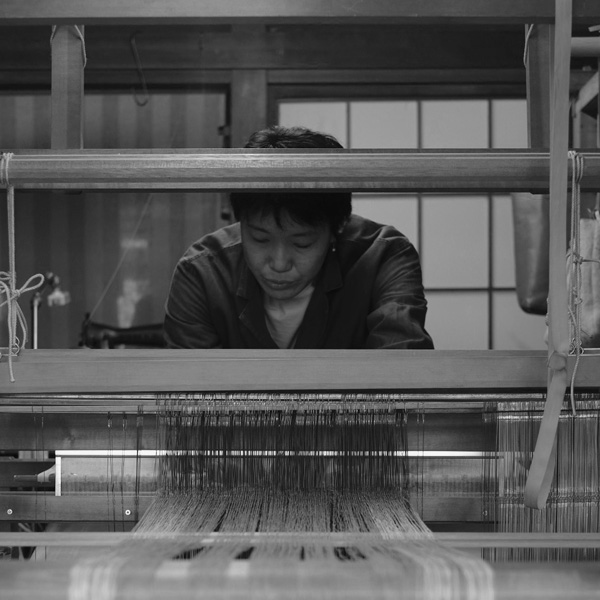 Persimmon tannin dye: Haruka Takei
Persimmon tannin dye: Haruka TakeiKakishibu dyer









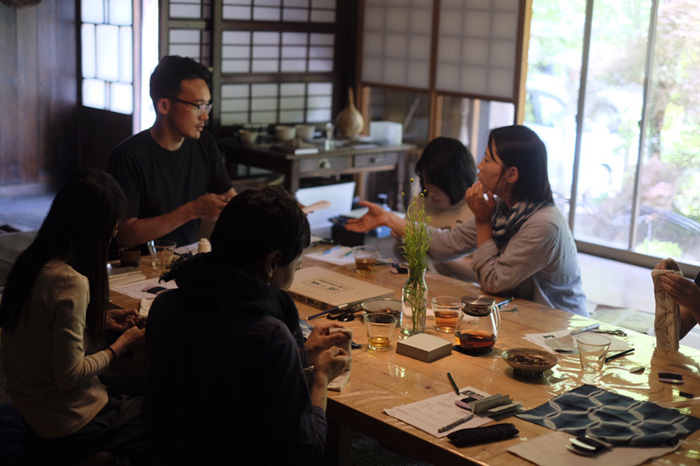
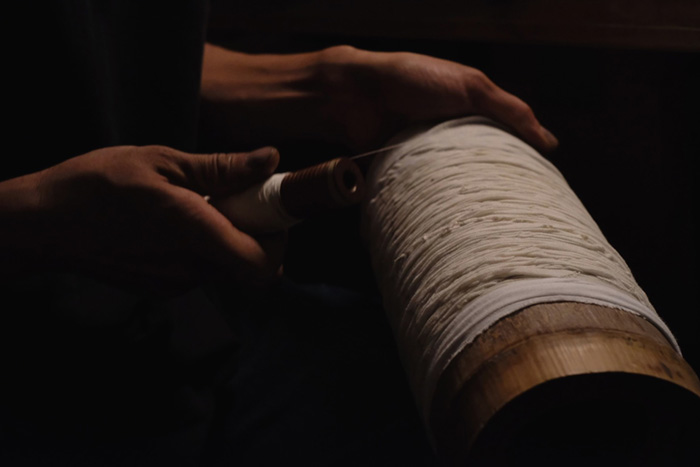
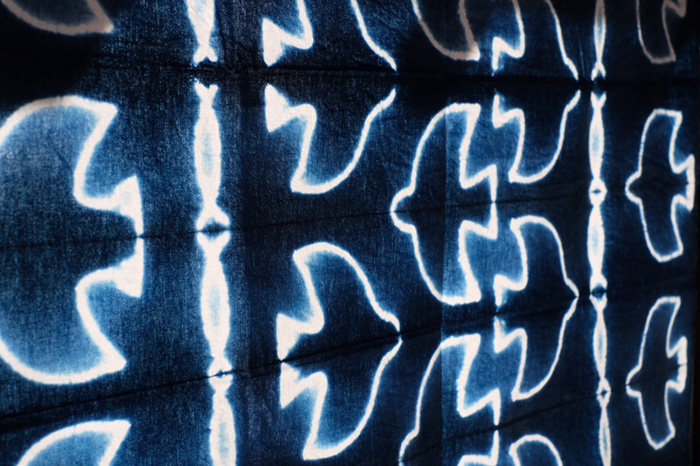
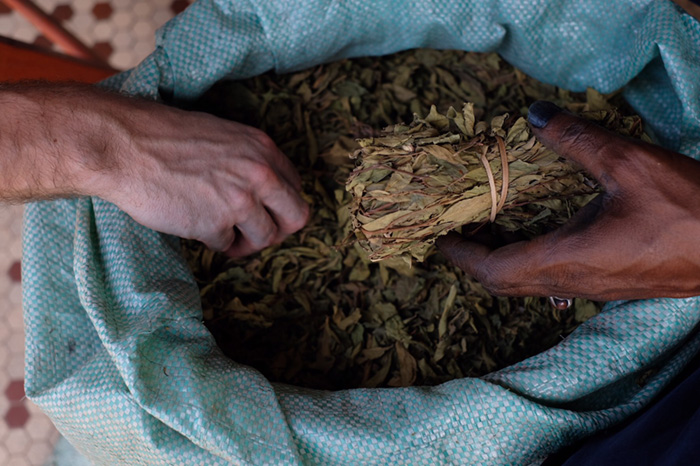
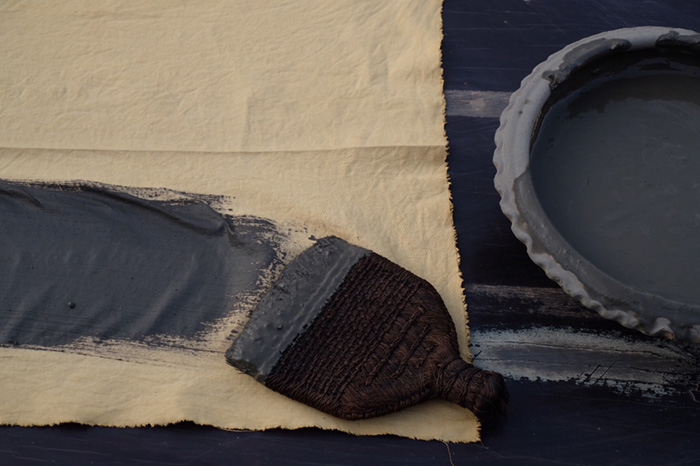
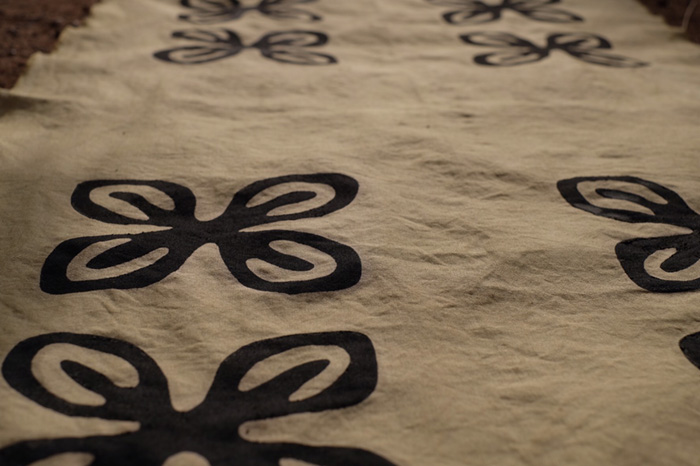
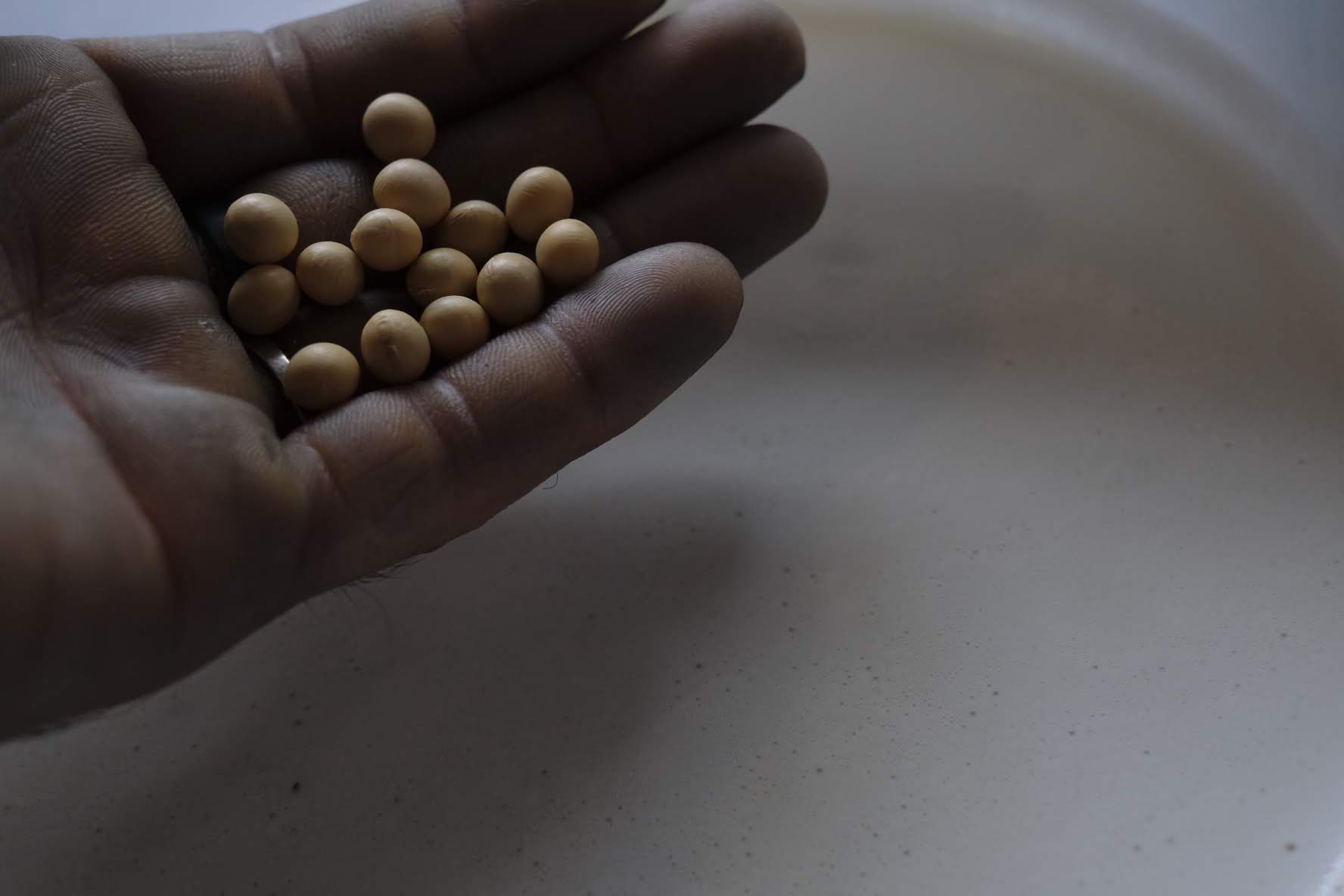
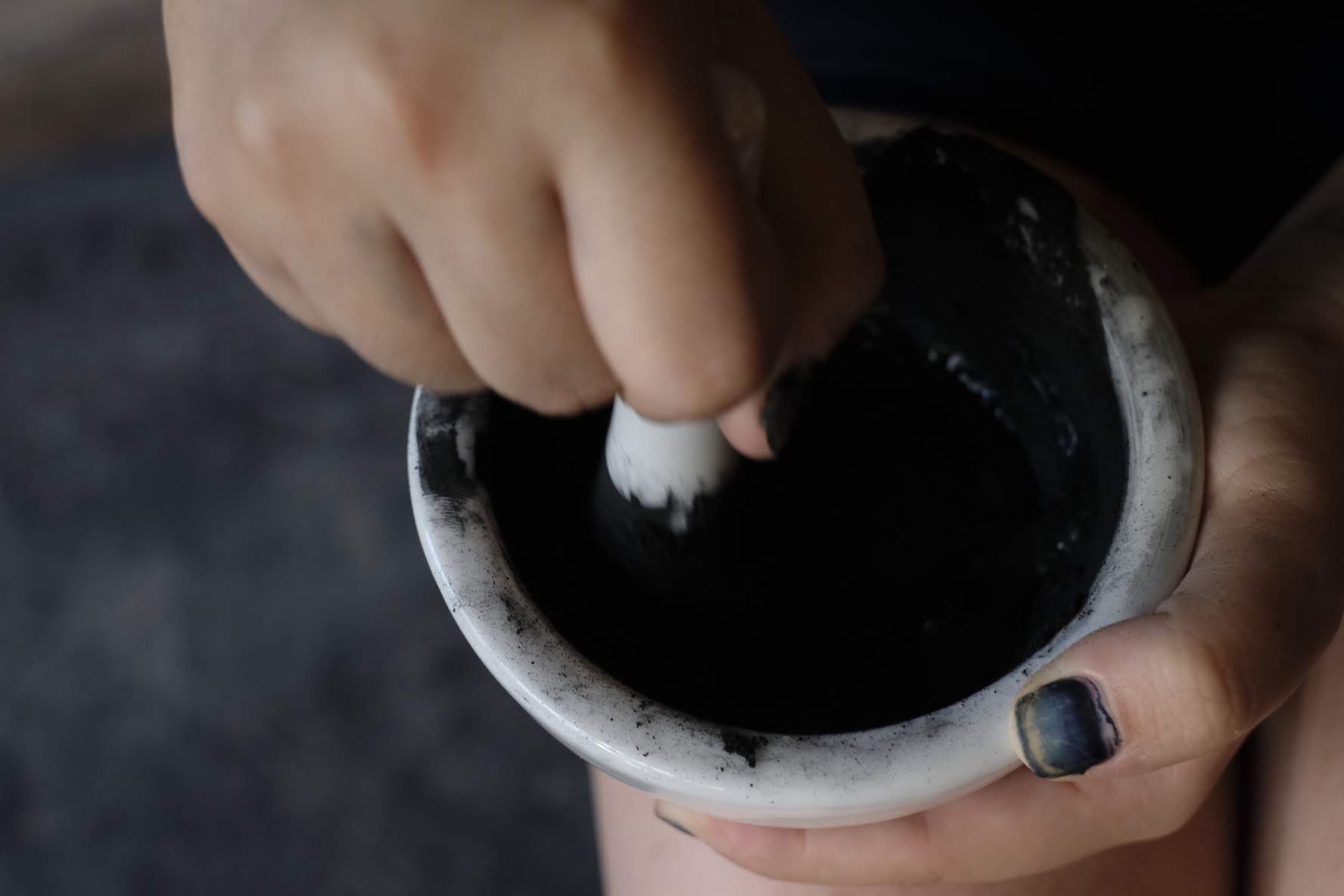
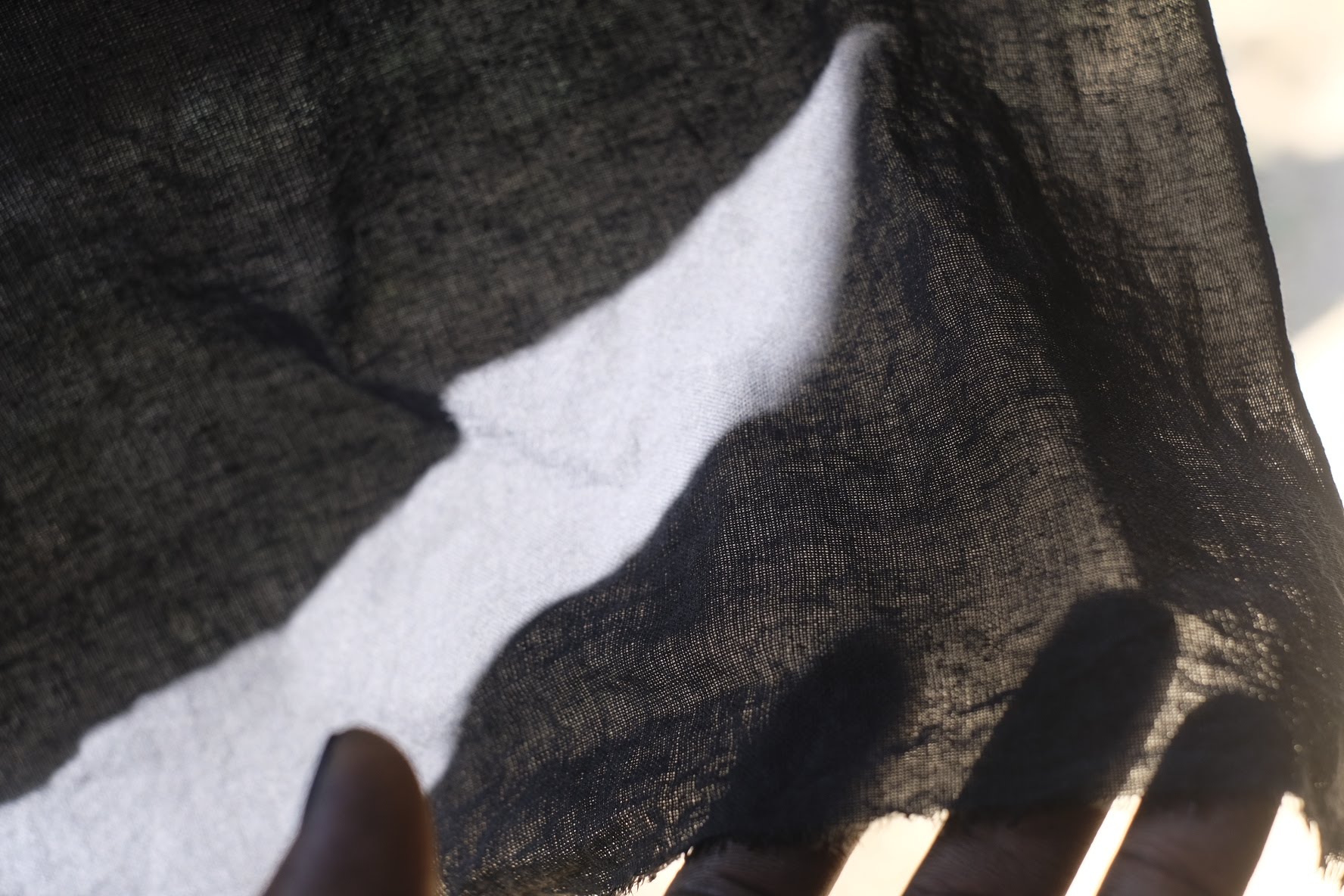
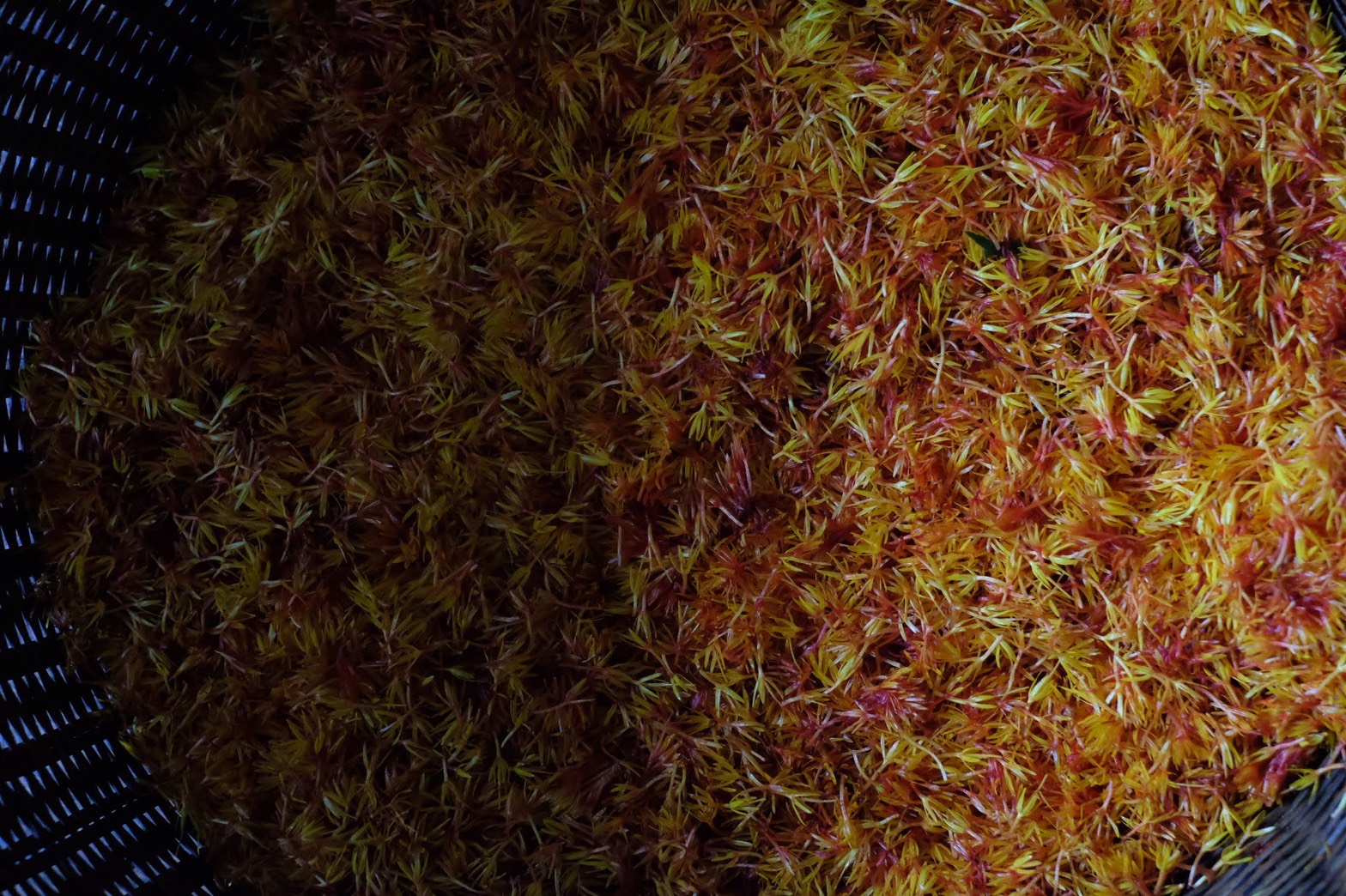
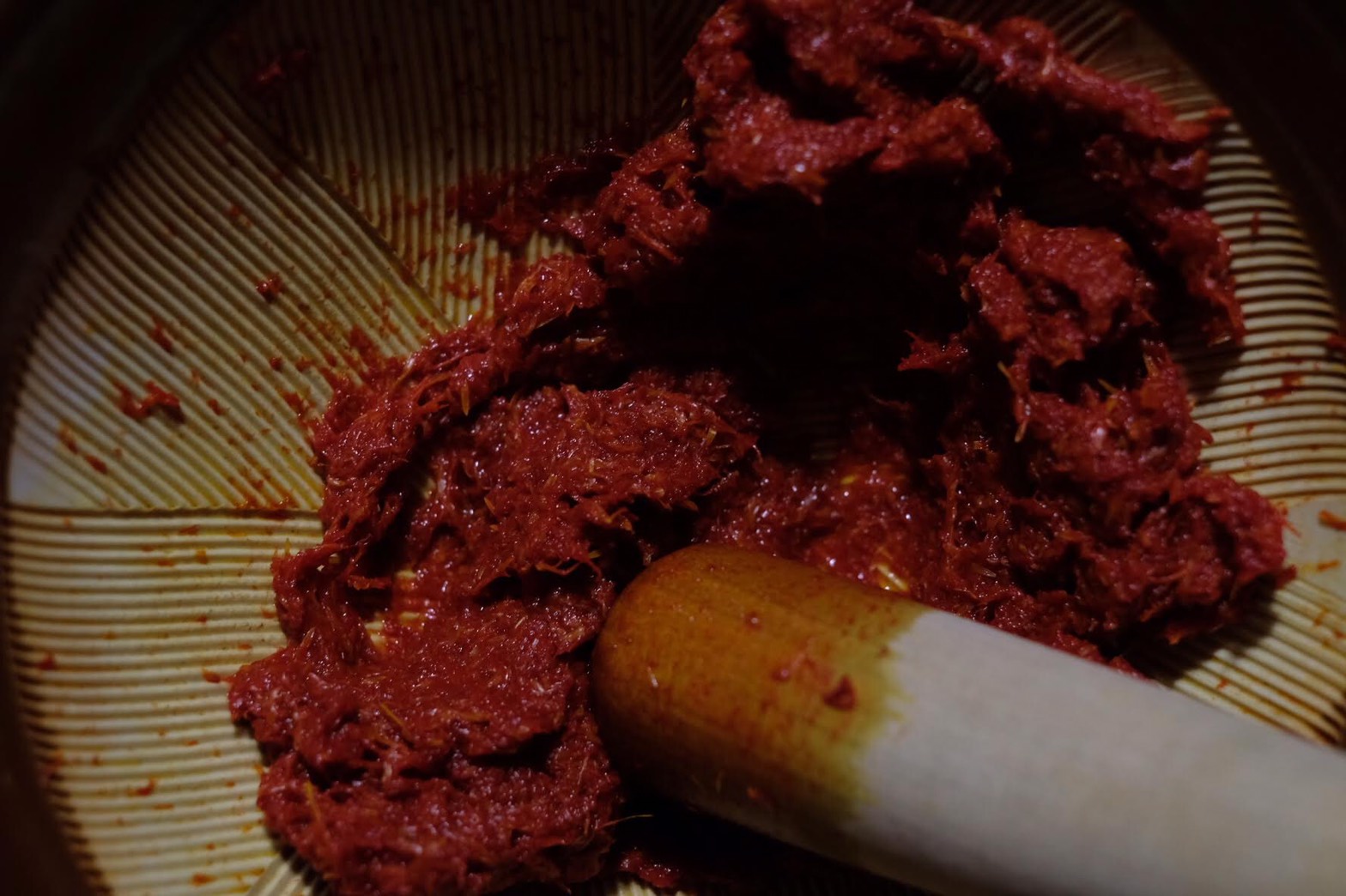
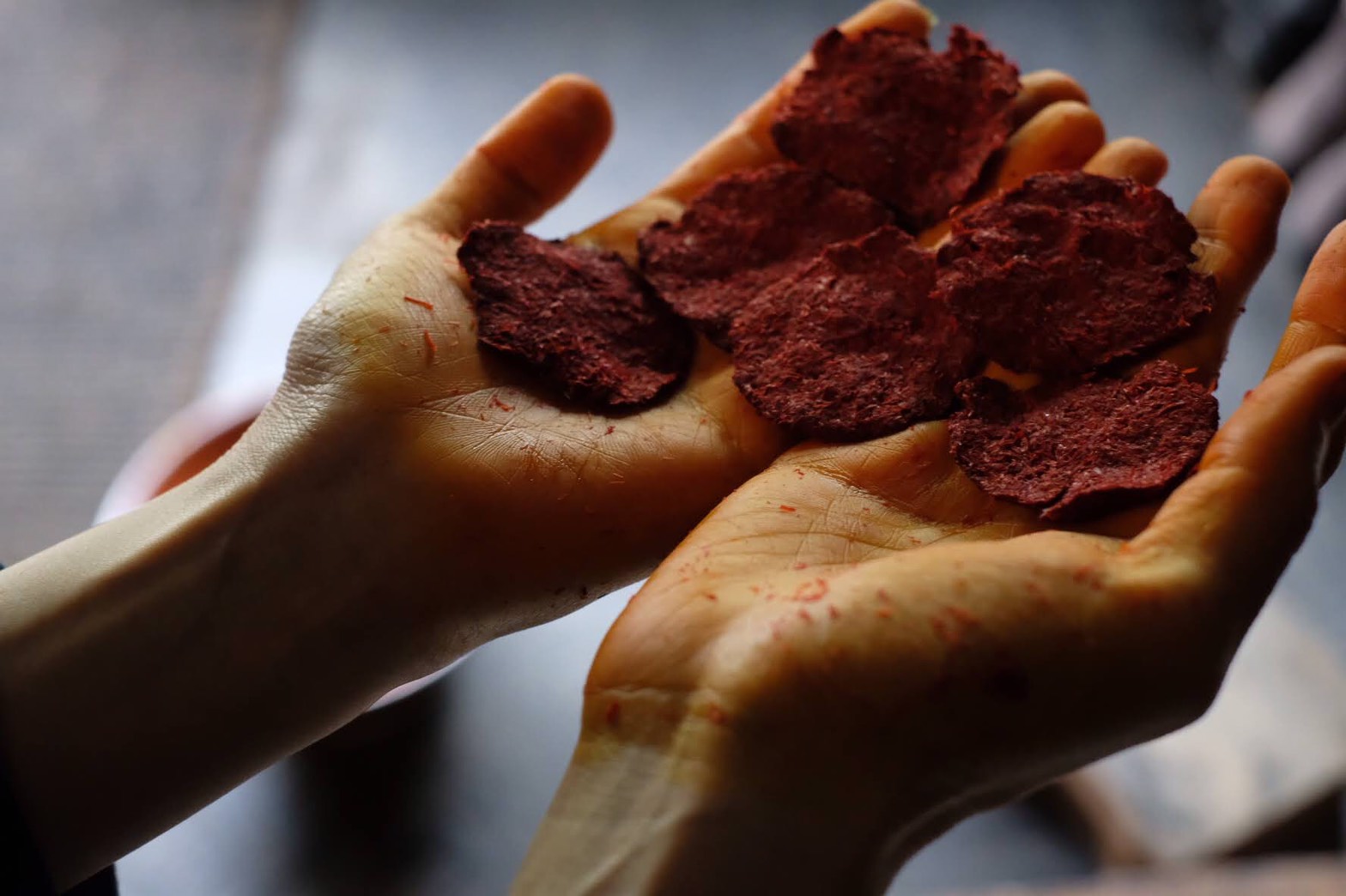
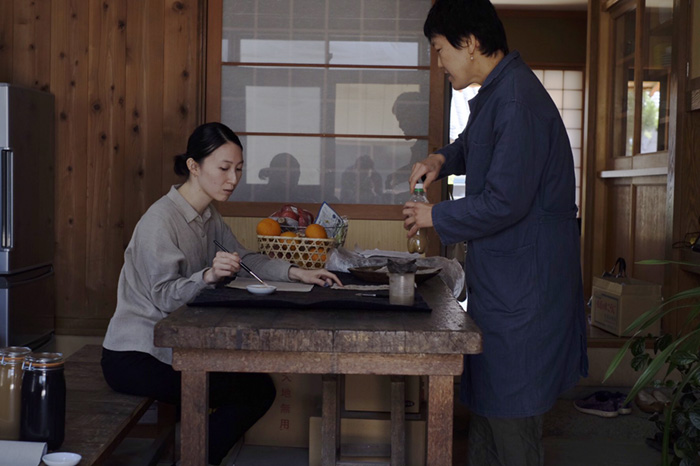
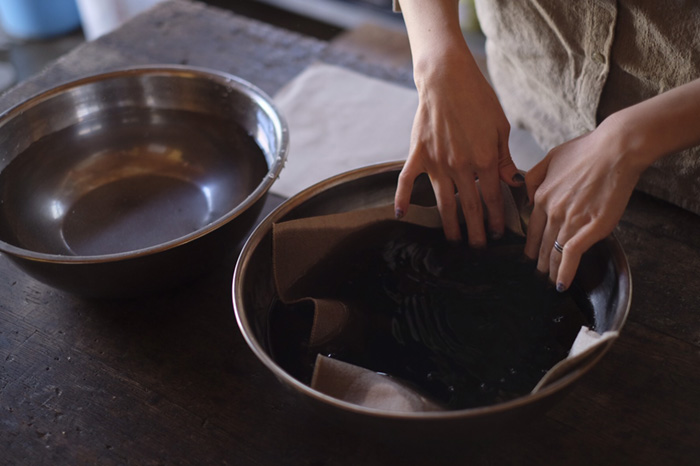
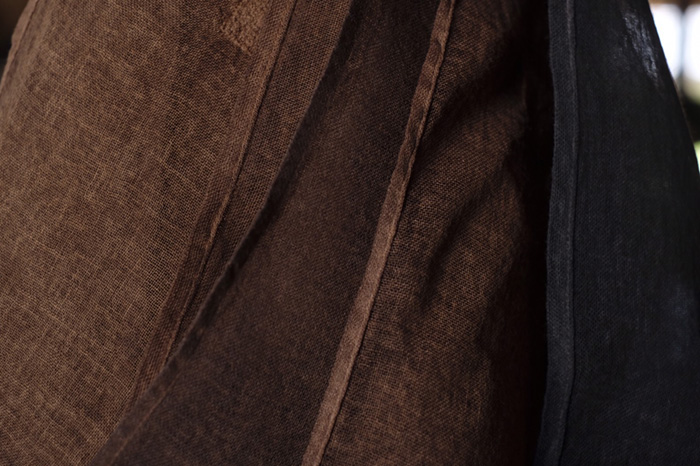
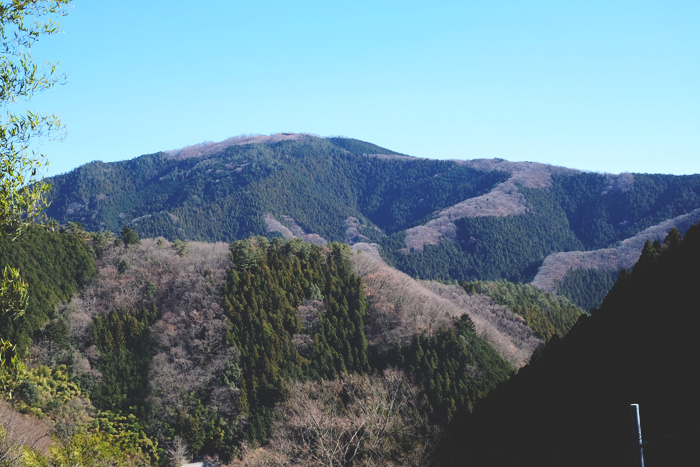
Indigo master class2-limited to 10 participants.
To apply, fill in the following PDF and attach it to the email. You will be selected by email content.
Payment is made via Paypal and Non-cancelable and non-refundable.
Application (file.pdf)
email: awonoyoh@gmail.com
$5,250 USD/ indigo master class1
$5,250 USD/ indigo master class2
All sales are final. This workshop is non-cancellable and non-refundable. Transportation, first and final night lodging in Tokyo (if needed) and roundtrip airfare are not included. We will provide details on travel to Fujino after registration. The total fee includes the fees for lectures/instructors (Aboubakar Fofana, Takayuki Ishii, and other experts), dormitory-style accommodation, home-cooked Japanese meals for 8 days.
Meals are family style and sleeping arrangements are rustic. It is similar to facilities generally found in Japanese homes.
*The accommodation is similar to dormitory style in a shared room, not a single room. Each person sleeps in a space closed off by curtains.
*You will sleep on a futon on the floor, not on a bed.
*Valuables are stored in lockers.
*Bath towels and face towels are available.